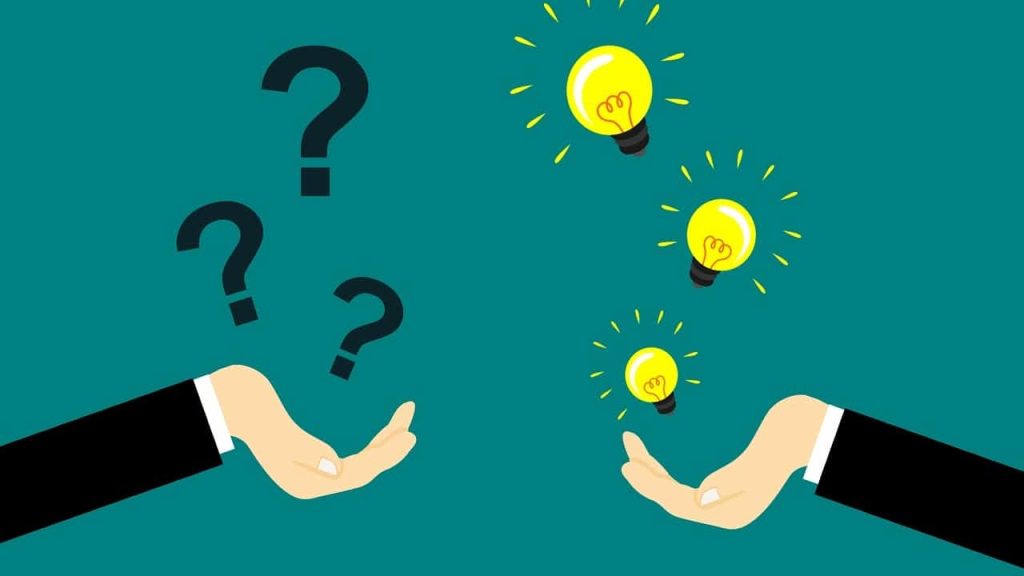Using EBT (Electronic Benefit Transfer) cards, which are like debit cards for food assistance, is a pretty straightforward process. You buy groceries, and the government helps pay for them. But what happens when you start thinking about returning items? Specifically, is it okay to use your EBT card to buy something like water, and then take the empty bottles back for the deposit money? That’s what we’re going to explore, looking at the rules and what could happen if you try it.
The Basic Question: Is It Allowed?
Generally, it is against the rules to use EBT to buy items with the sole purpose of returning them for cash or other non-eligible items. EBT is designed to help people buy food and other necessary items to eat. It’s not supposed to be used to get cash back or to buy things that aren’t allowed under the program.

Understanding EBT Regulations
The rules for EBT are set by the government and can vary slightly depending on the state. These rules cover what you can and can’t buy with your card, as well as what you’re allowed to do with those purchases. Many of these regulations are in place to prevent misuse of the funds, like buying something and then selling it for cash, which is known as fraud. Returning bottles for a deposit falls into a gray area.
Here are some of the things you CAN buy with EBT:
- Fruits and vegetables
- Meat, poultry, and fish
- Dairy products
- Breads and cereals
Returning the water bottles for the deposit can be considered as a “cash back” scenario, which is generally a big no-no. The intent of the law is important. You are not purchasing the water for its consumption, but for the ability to return it for cash. If the intent is to bypass the rules of the program, it may be considered misuse.
It’s vital to check your state’s specific EBT guidelines. These can be found on your state’s government website for the SNAP (Supplemental Nutrition Assistance Program) or food assistance program.
Potential Consequences of Misuse
If you violate the EBT rules, you could face some serious consequences. The penalties can vary, but they can include warnings, suspension of your benefits, or even legal action. It is important to always be honest and follow the guidelines of the program, and avoid the risk of consequences.
Here’s a breakdown of some of the potential penalties:
- Warning: The first time you might get a warning.
- Suspension of Benefits: They can temporarily stop your EBT benefits.
- Permanent Disqualification: You could lose your benefits completely.
- Legal Charges: In serious cases, you could even face criminal charges.
The severity of the penalty often depends on how big the “fraud” is and whether it was a one-time thing or a pattern of behavior. It’s always better to be safe than sorry when it comes to government benefits.
The “Intent” Factor
One key part of the whole situation is “intent.” What were you hoping to achieve when you bought the water bottles? This is important to consider. If you were buying the water to stay hydrated, and then decided to return the bottles for the deposit, that might be seen differently than if you *only* bought the water to get the deposit money.
Here are some factors that might influence the “intent”:
| Factor | Explanation |
|---|---|
| Amount of Water | Buying dozens of bottles raises questions. |
| Frequency | Doing it repeatedly is more likely to be a problem. |
| Other Purchases | Are you also buying food, or just water? |
| Reason for Purchase | What are you doing with the water? Are you drinking it or just returning it? |
The details matter, and that is why it’s very important to be aware of the program’s rules.
What To Do Instead
If you need a little extra cash, there are better ways to get it. You can explore other options that don’t put your EBT benefits at risk. If you’re looking for ways to stretch your budget or to supplement your income, there are a lot of good choices.
Here are some things you *can* do:
- Look for Community Resources: There might be local food banks or charities that can help.
- Explore Part-Time Work: Getting a part-time job can provide a regular income stream.
- Budgeting and Planning: Creating a budget helps you make smart choices about how you spend your money.
- Talk to Your Case Worker: They can give you information about programs or resources you might not know about.
These are safer, and more responsible, ways to manage your finances without running afoul of the EBT rules.
Conclusion
So, is it legal to use your EBT card to buy water and then return the bottles? The answer is complex, but the general idea is that you’re likely not supposed to do it. The rules around EBT are designed to make sure the money goes towards food and other approved items. Breaking these rules can lead to serious problems. It’s always best to follow the guidelines and use your benefits for what they’re intended for. If you have any doubts, it is always a good idea to check the rules in your state and act with integrity.